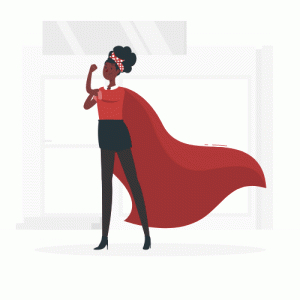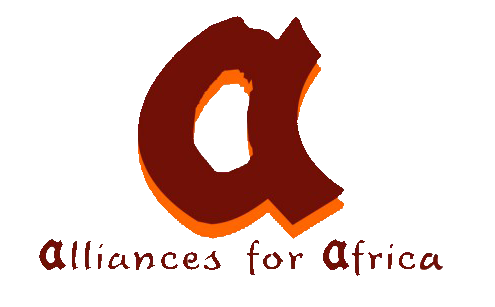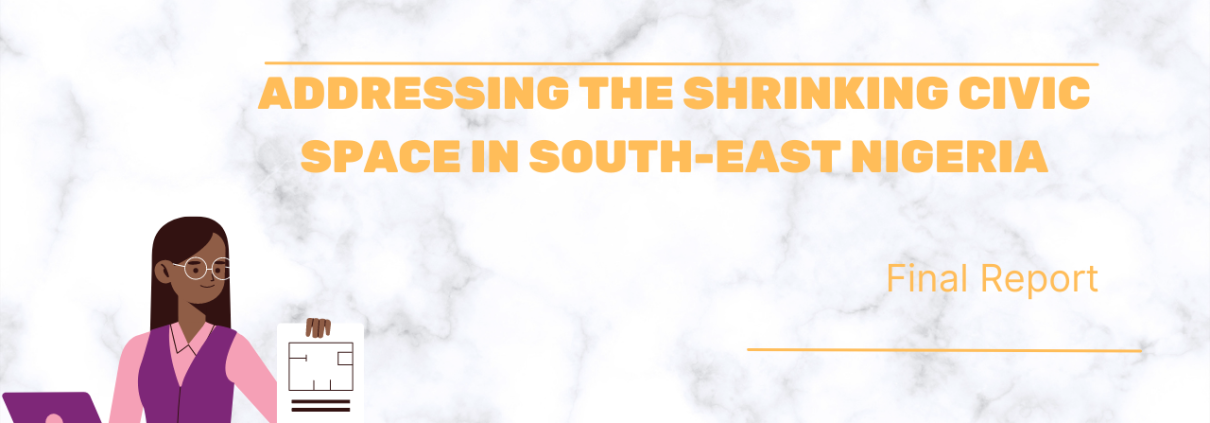Addressing The Shrinking Civic Space in South-East Nigeria
Executive Summary
This report is based on research conducted in the five south-east states of Nigeria, to determine the status of civic space, and the implications for individuals and organisations seeking to defend and expand civil and political rights. An open civic space is a situation where citizens are free to form associations, demonstrate in public places, receive, and impart information without restrictions in law or practice.
It is a situation where the authorities are tolerant of criticism from civil society groups and provide space and platforms for open and robust dialogue with members of the public, where there is free media, online content is uncensored, and citizens can access government information easily. This dimension is key for sustainable development in democratic societies. Without freedoms in society to influence decisions and hold the government to account, governance is left to the discretion of unrestrained autocrats.
The aim of the research was to capture the key civic space challenges in south-east Nigeria, as documentation of the situation in the zone. It is expected to be the basis to initiate interventions to reclaim the shrinking civic space and form a baseline for monitoring changes in the future.
To inform the research process, the Oxfam civic space monitoring tool was adapted to suit the environment with other specific indicators on access to services, enabling environment for livelihood, and gender equality. The tool was developed using Kobotoolbox for ease of analysis. Between October and November 2021, Alliances for Africa conducted 5 FGDs, 270 surveys and 25 key informant interviews with a wide range of civil society members who are mostly human rights defenders.
The result indicates that civil society believes that civic space in south-east Nigeria is repressed in all dimensions, and obstructed in the regulatory framework, administration, and access to information. For civil society organisations, access to funding is the most repressed dimension. The situation is worse for NGO workers engaging in frontline advocacy for human rights, participation in decision making, access to justice, and journalists.
The situation became more precarious with the militarisation of the southeast zone, due to efforts of the state actors to silence the secessionist group. As a result, so much violence has been unleashed on the people of the region, who are seen as disrupting the peace and stability of the incumbent government. Following the long period of unrest and fear of unknown gunmen, activities of IPOB, incessant arrest of young men across the region, arson on police stations across the southeast, and jailbreak across different locations in the region. Despite the repressed condition of the CSOs access to funding, the narrowed dimension to CSOs legitimacy and accountability gives the ray of hope that will strengthen and sustain the human rights efforts to protect and reclaim the civic space in all the other dimensions.





Leave a Reply
Want to join the discussion?Feel free to contribute!